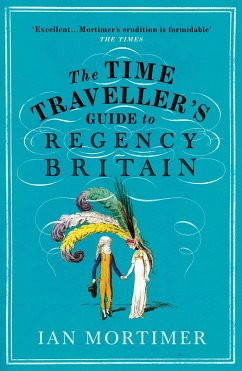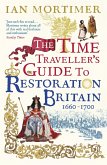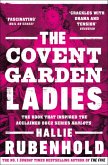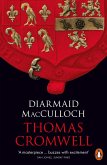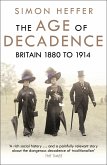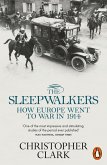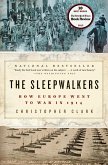'Excellent... Mortimer's erudition is formidable' The Times A time of exuberance, thrills, frills and unchecked bad behaviour...Ian Mortimer turns to what is arguably the most-loved period in British history - the Regency, or Georgian England. This is the age of Jane Austen and the Romantic poets; the paintings of John Constable and the gardens of Humphry Repton; Britain's military triumphs at Trafalgar and Waterloo. It was perhaps the last age of true freedom before the arrival of the stifling world of Victorian morality. And like all periods in history, it was an age of many contradictions - where Beethoven's thundering Fifth Symphony could premier in the same year that saw Jane Austen craft the delicate sensitivities of Persuasion. This is history at its most exciting, physical, visceral - the past not as something to be studied but as lived experience. This is Ian Mortimer at the height of his time-travelling prowess. 'Ian Mortimer has made this kind of imaginative time travel his speciality' Daily Mail

